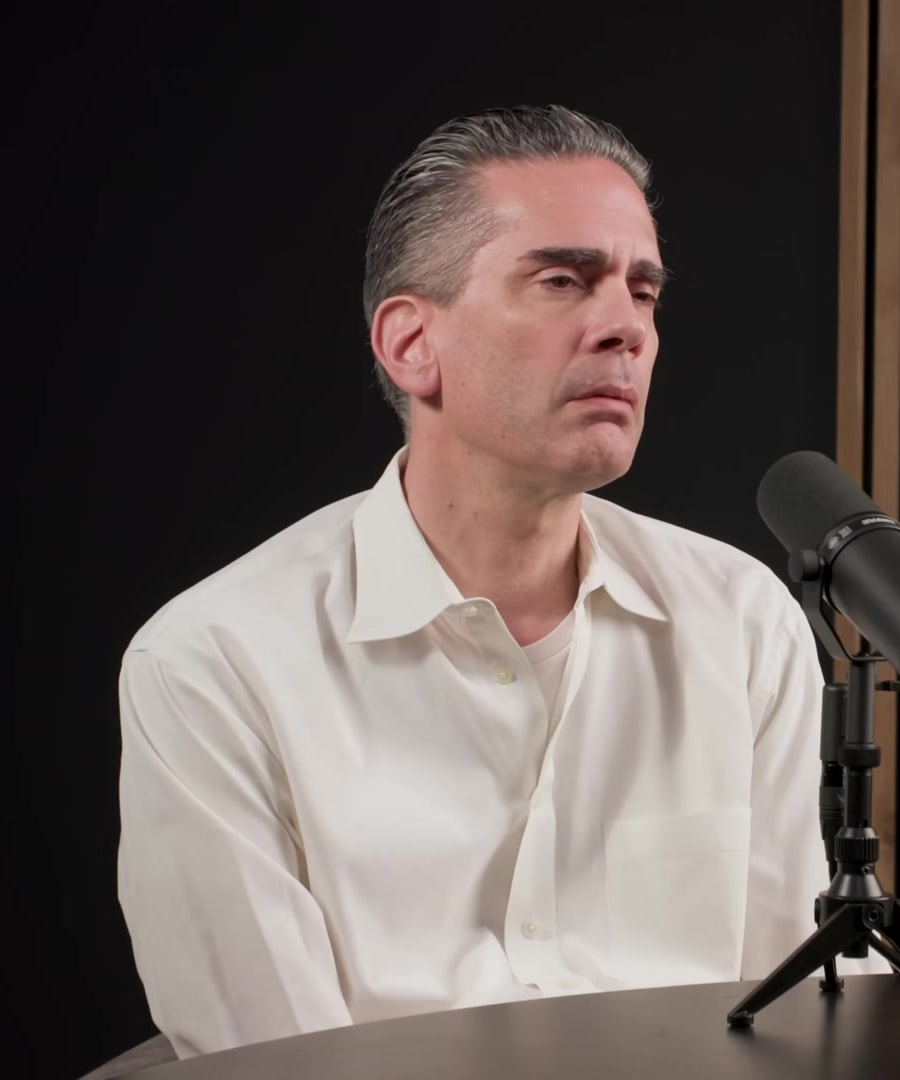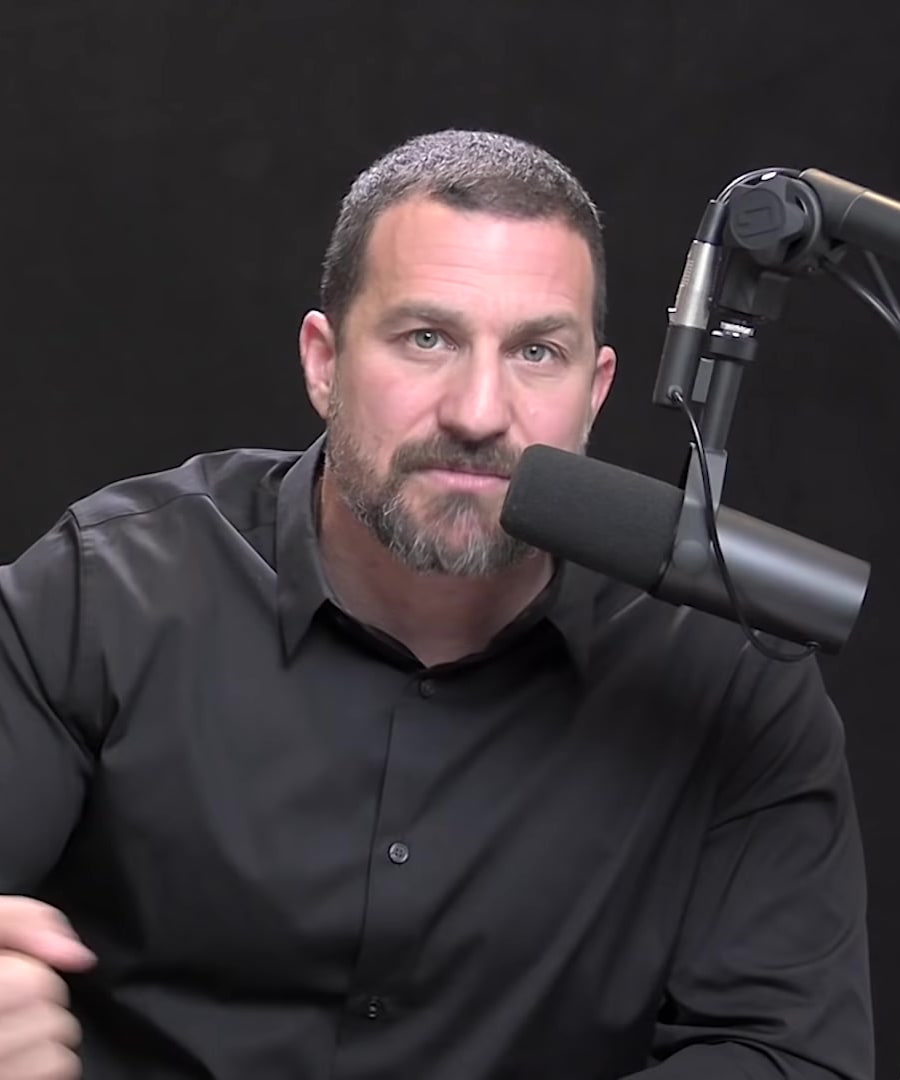Tell me how to best deal with anxiety
Sources:
To effectively manage anxiety, and guest experts on the suggest several approaches:
-
Understanding Anxiety: Recognize that anxiety can be functional and keeps us vigilant, but excessive anxiety can be counterproductive. Determine if the anxiety is rooted in past trauma or is a response to present concerns and address them accordingly 1.
-
Managing Stress Capacity: Practice raising your stress threshold by engaging in controlled stressors, such as cold exposure or exercise, and then calming the mind while the body is in a heightened state. This practice can enhance your ability to handle stress 2.
-
Cognitive Processes: Instead of rushing for immediate solutions to anxious feelings, consider exploring and refining different options. Use anxiety as a prompt to think deeply and to be creative 3.
-
CBT and Exposure Therapy Insights: For conditions like OCD that involve anxiety, exposure therapy can be effective. Learning to challenge and deal with anxiety in the very locations or situations where it arises is crucial 4.
-
Lifestyle Adjustments: Simple lifestyle changes, such as moderating caffeine intake and engaging in regular physical activity, can help manage anxiety levels. Be mindful of caffeine intake as it can cause an increase in anxiety and ensure you don't escalate consumption to avoid crashes 5.
-
Harnessing Creativity: Channeling anxiety into creative and productive tasks can lead to great achievements. Turning anxiety into a motivator rather than a barrier can enhance personal and professional success 3.
-
Regulate Anxiety: Learning to manage personal anxiety is pivotal to being able to voice one's needs and wants effectively, as well as to hear and respond to those of others 6.
It's essential to find a healthy balance and use the right strategies to overcome anxiety's potential hindrance to one's personal growth and happiness.
RELATED QUESTIONS-
Tell me how to best deal with anxiety
- RELATED QUESTIONS





